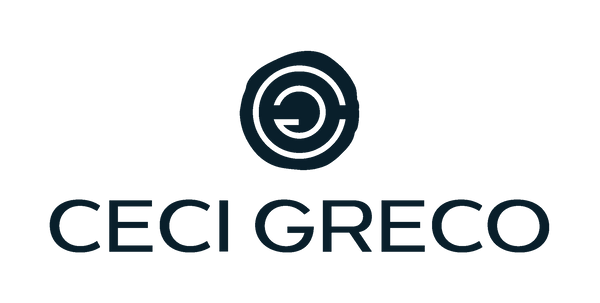Ethos
Calling ourselves ethical sounds really progressive, but what exactly does it mean? The jewelry industry has long been shrouded in secrecy, and though attempts have been made to make the public feel better about their purchases, it’s still pretty hard to nail down the truth behind the marketing. So, with full transparency: it’s hard to know very much.
While safeguards like the Kimberley process have made strides to reduce conflict diamonds, its impact on disenfranchised communities around the world remains unclear. And with the advent of Blockchain to trace diamonds, investors are quick to claim that regulations are stricter than ever.
But what they don’t tell you is that “traceable” applies to a tiny percentage of (very expensive) diamonds on the market. When it comes to smaller diamonds and colored stones, the data gets murkier. Let’s be real; it’s hard to trust a large corporation with the truth.
Truth is Possible
Have we lost you? Don’t throw up your hands just yet! We know - getting to the root of all this is extremely complicated. So what’s the solution?
Boycotting the gemstone market entirely does disservice to the small scale miners who are working tirelessly to support their families. That’s why we believe in embracing the unknown and asking questions of the people directly affected by these policies. That’s going to take a while - there are no simple answers.
With the advent of lab diamonds some companies have been pushing eco-responsibility in marketing. Though lab diamonds don’t require the same physical labor as natural diamonds, they do require an immense amount of energy that greatly increases their carbon footprint.
What About Manufacturing?
None of this addresses the low-paid, sometimes underage workers who cut most of these stones or the metals used to set them. There are no regulations on the cutting market that make sure that your diamonds were not cut by children working poverty wages in already poor countries just to get by. Western corporations often turn the other cheek, leaving the responsibility up to and placing the blame on their suppliers when something unsavory comes to light.
The bottom line is eco-friendly and ethical may not really be eco-friendly or ethical after all. But branding all jewelry as “unethical” does disservice to the workers tirelessly trying to provide for their families through work in the jewelry industry.
The answer, then, is not to take this work away from people who rely on it to survive but to fully understand the supply chain and make informed decisions in the best interest of those responsible for bringing you beautiful jewels.
Here are some steps we are taking at Ceci Greco jewelry to bring transparency, and actionable change to the industry in service of the truth:
- “Ugly untraceable diamonds” -
- Supporting nonprofits working directly in the communities affected by the gem and metal trades -
- Educating customers to make fully informed decisions before purchase -
- Continuing to push for answers even when that doesn’t come easily -
